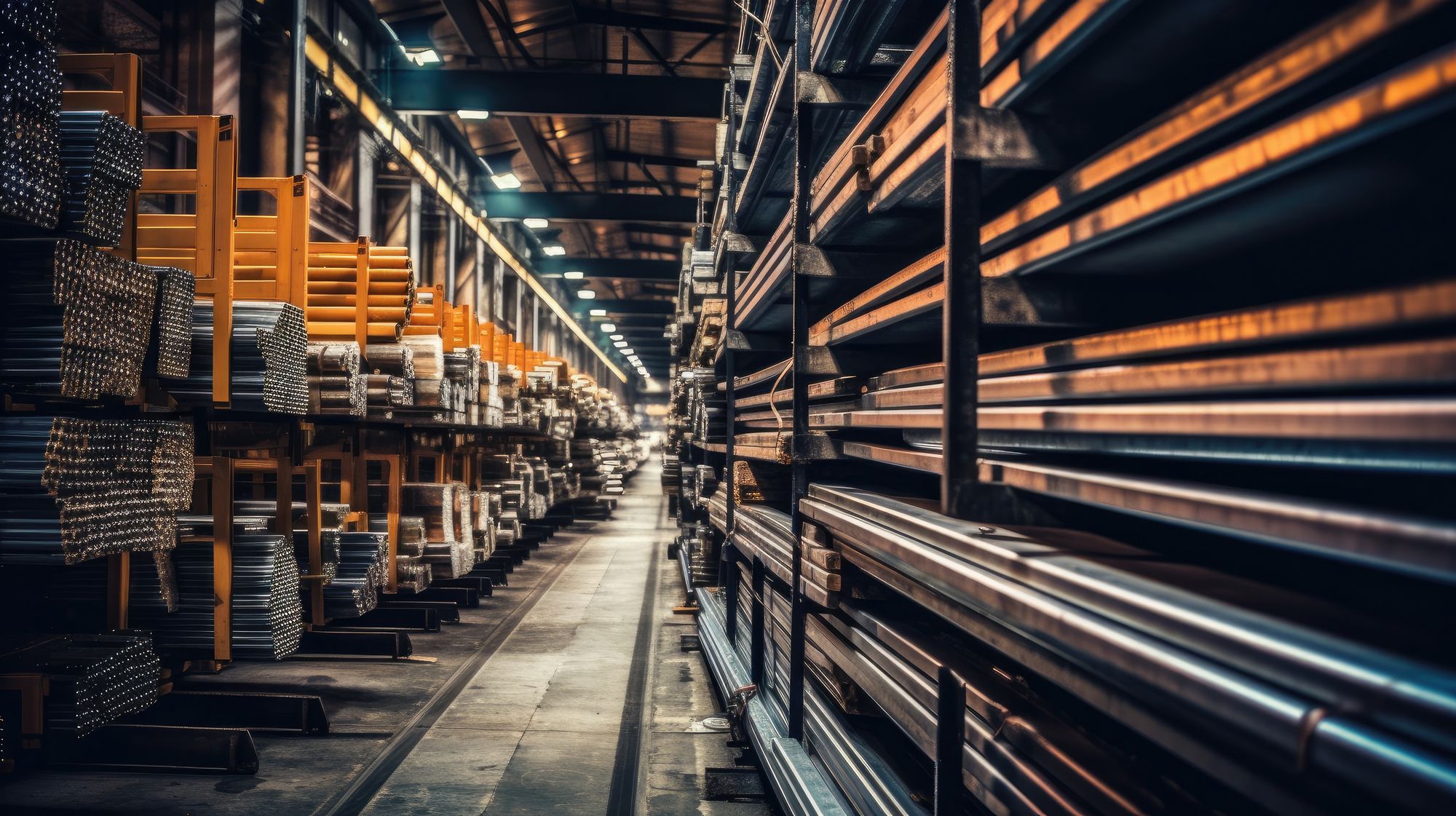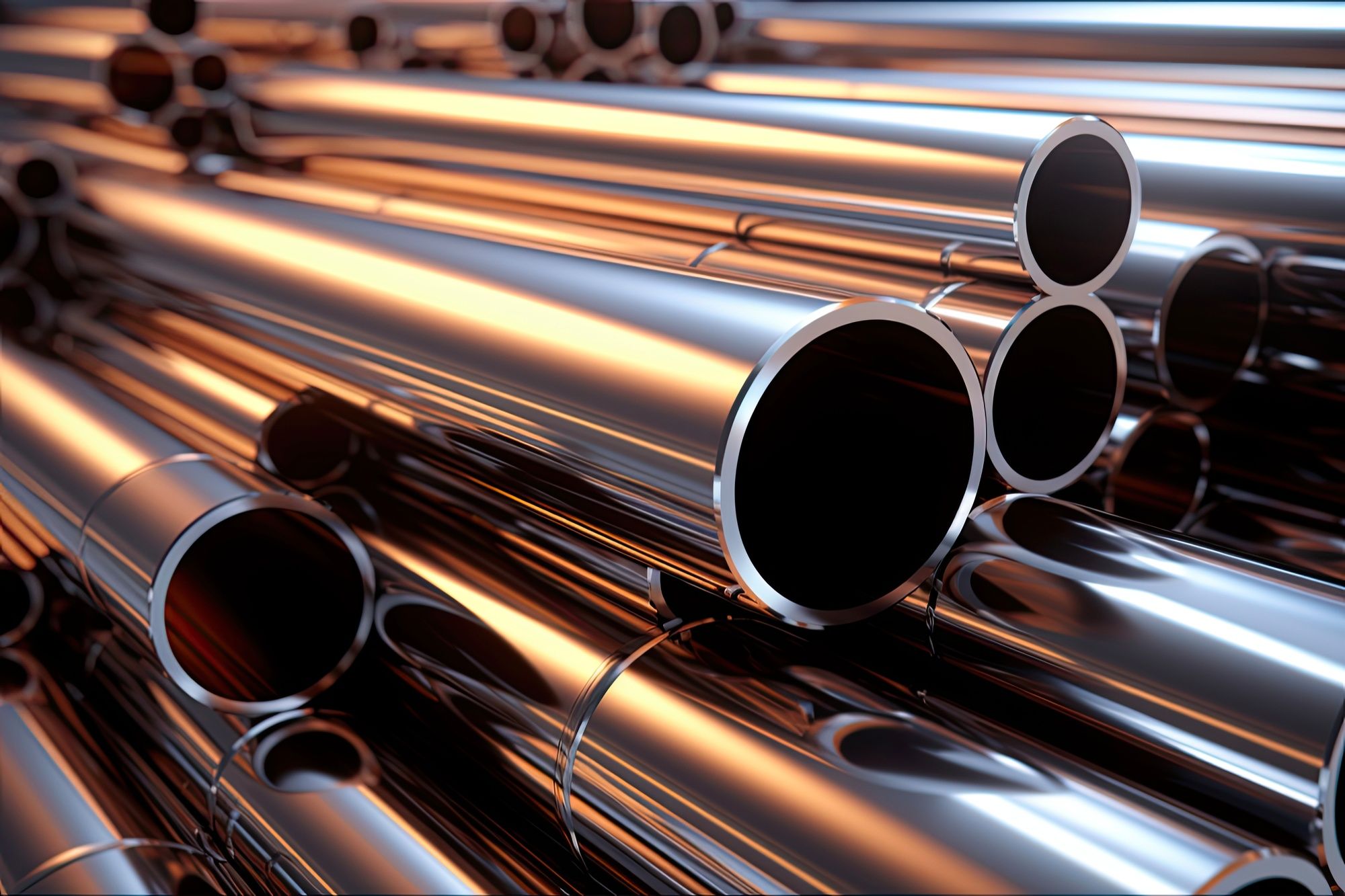In the world of construction, where there's an increasing emphasis on sustainable construction, it's vital to consider materials that minimize environmental impacts while still providing the necessary structural integrity and aesthetic appeal. One material that's making waves in the construction industry is aluminum. It's not just because of its strength and durability but also because it's incredibly eco-friendly.
This article discusses the many advantages of using aluminum in construction, from its recyclability and energy efficiency to its strength, durability, and versatility, and why it is a great choice for eco-friendly construction. Keep reading!
Embracing Aluminum For Its Recyclability
Aluminum is one of the most recyclable materials on the planet. Almost 75% of all aluminum ever produced is still in use today. It can be endlessly recycled without any degradation in quality. This means that by choosing aluminum for construction, you're reducing the demand for new materials and helping to decrease the environmental footprint of your project. Moreover, when a building reaches the end of its life, the aluminum used in its construction can be recycled and used again, minimizing waste.
In a world grappling with the challenges of waste management and environmental conservation, the recyclability of aluminum offers a glimmer of hope. By selecting aluminum as the material of choice for construction, there is a proactive step towards a more sustainable future. It not only aids in reducing the demand for new materials but also contributes to a decrease in the overall environmental footprint of a construction project. Ultimately, this choice results in a win-win situation - durable, cost-effective structures and a healthier planet.
Lightweight Yet Strong
One significant benefit of aluminum is its impressive strength-to-weight ratio. Despite being incredibly lightweight, it remains strong and durable. This implies that less material is required to attain the same structural integrity as other materials. This, in turn, leads to a reduction in the overall environmental impact of a construction project.
Furthermore, the lightweight nature of aluminum also results in lower transportation costs and emissions, thereby contributing to a reduction in the project's carbon footprint. This dual advantage of strength and lightness makes aluminum a prime choice for eco-friendly construction.
If you're interested in utilizing aluminum, you can visit https://gcphoenixengineering.com.au/ to find professionals experienced in using aluminum in construction and engineering. Working with experts can help ensure the successful implementation of aluminum in any project, maximizing its eco-friendly benefits.
Energy-Efficient
Aluminum is also an excellent conductor of heat, making it an energy-efficient choice for buildings. It plays a pivotal role in maintaining the internal temperature of buildings, helping to keep them cool during summer and warm during winter, thereby reducing the reliance on heating and air conditioning systems.
This results in monetary savings and reduces the building's energy consumption, contributing positively towards a greener planet. That said, embracing aluminum in construction aids in creating energy-efficient structures that are both economically and environmentally beneficial.
Resistant To Corrosion
The corrosion resistance of aluminum is another of its outstanding qualities. Unlike many other materials, it does not rust or degrade over time. This characteristic makes aluminum a durable option that does not require frequent replacement, thereby minimizing the environmental impact throughout the lifespan of a building.
By choosing a material that stands the test of time, it's possible to create structures that are robust, long-lasting, and environmentally friendly. This is yet another reason why embracing aluminum is a wise choice for eco-friendly construction.
Adaptable And Versatile
Aluminum's adaptability and versatility are other vital features that make it a sought-after material in construction. It can be molded into any shape, which makes it appropriate for a multitude of applications in the construction sector.
This versatility means that aluminum can be utilized innovatively to craft eco-friendly designs that are both functional and aesthetically appealing. For instance, aluminum can be used in the creation of solar panels, a crucial component for harnessing renewable energy.
Aluminum frames are often used to house solar panels as they are not only lightweight and durable but also resistant to the elements, ensuring the longevity of the installation. Moreover, its reflective properties enhance the efficiency of solar panels by reflecting sunlight onto the surface of the panels.
Consequently, the adaptability and versatility of aluminum further underscore its suitability as a material of choice for creating environmentally friendly and visually attractive structures. Its application in the creation of solar panels is just one of many examples of how aluminum contributes to the construction of eco-friendly buildings.

Conclusion
Aluminum is an excellent choice for eco-friendly construction. It is recyclable, lightweight, energy-efficient, corrosion-resistant, and incredibly versatile. These properties make it a superior material for construction projects that aim to minimize their environmental impact. By opting for aluminum, it's possible to create buildings that are not only strong and durable but also kind to the planet.

